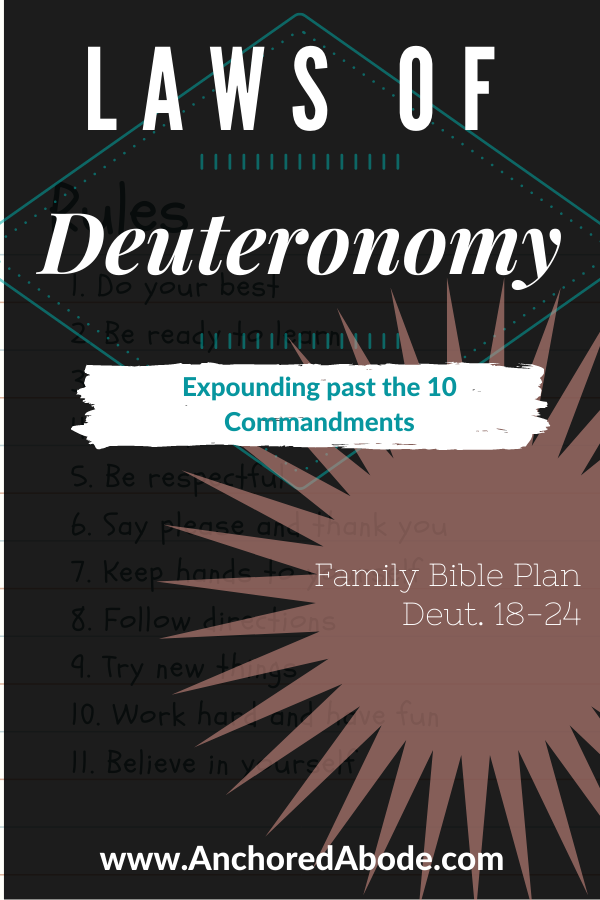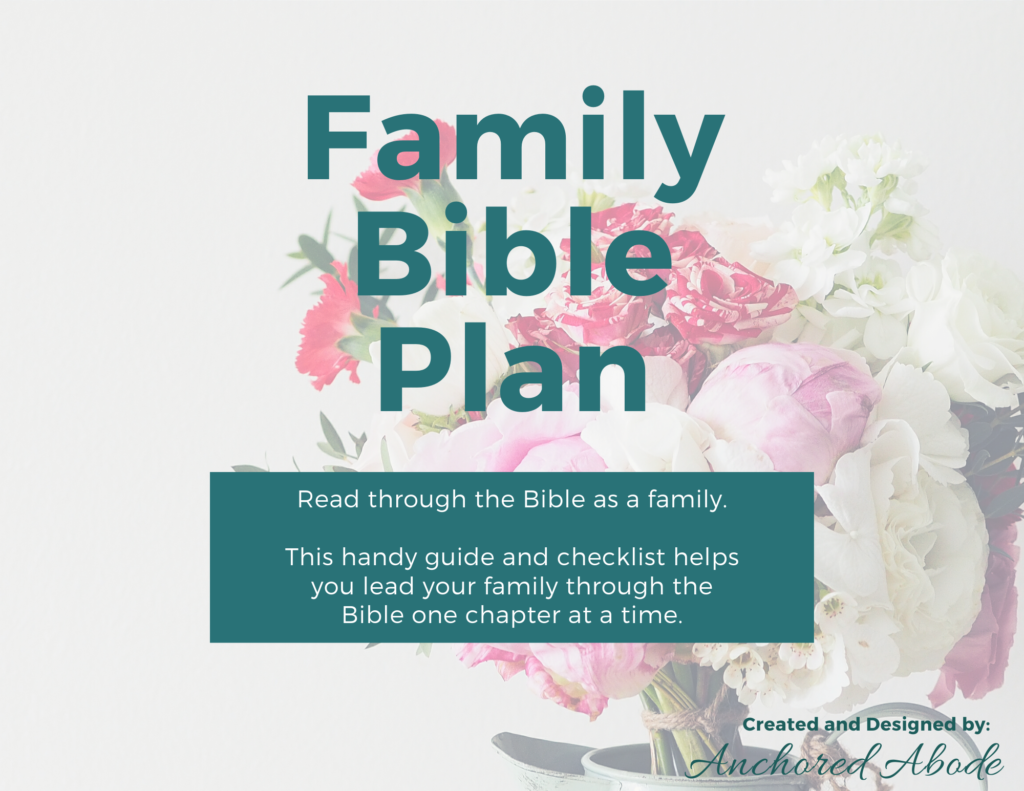Have you ever been blown away by someone… witnessing their actions with zero remorse for those flailing in their wake? Laws are a guide, oftentimes set up for structure and stability, but frequently are made following indiscretions to standard societal norms. For example, we started a fun family activity center expecting much different results. What we saw was the majority of those who came were respectful, ready to have fun, and came with great attitudes. But there were a few who determined new rules had to be set up: no throwing your blaster at the plexiglass OR other people, no chewing gum and spitting it onto the turf, no yelling at the ref, etc. The rules had to be created because there was no standard of operation. If ‘lawlessness’ in our business continued, at some point very few people would want to or feel comfortable coming. The actions of a few dictated the rules for all to adhere to and most did not have a problem with them since they were already acting within them. The laws of Deuteronomy are similar.
We think back to the Israelites during Moses’ last days. They are preparing to enter their nation and Moses is reminding them of their laws of God. The 10 commandments have already been recited again, the detailed history of how God carried them from their enemies, the promise of blessings to come if they choose to obey, and the curses to come if they choose to disobey. They are like the kids we witnessed waiting to hop on the field to play; the Israelites were ready to settle in the Promised Land, eager to commit to the rules.
The laws of Deuteronomy…
The laws of Deuteronomy following the 10 commandments is similar to sermons so often heard today, a relevant application expounding on a Biblical guideline. While we may not understand some of the laws, it is a time to remember their culture and society were much different than ours today. In my study Bible, a guide is presented called the Major Social Concerns in the Covenant which is helpful to understanding the purposes behind the laws.
1. Personhood
Everyone’s person is to be secure.
Exodus 20:13, 21:16-21,26-31, Leviticus 19:14, Deuteronomy 5:17, 24:7, 27:18
No life is to be taken either by kidnapping, entering someone into slavery, lifelong injury, misusing someone’s disability, or death (from the hands of a person or animal).
2. False Accusation
Everyone is to be secure against slander and false accusation.
Exodus 20:16, 23:1-3, Leviticus 19:16, Deuteronomy 5:20, 19:15-21
It is encouraging to see that true justice is meant to be upheld, there was to be no:
- giving false reports,
- lying to corroborate another’s lies,
- falling prey to peer pressure and joining the crowd by lying,
- giving preference to a poor person (the law does not change because of one’s economical status),
- lying to endanger your neighbor’s life,
- individual witness to bring about charges, the burden of proof included multiple witnesses, and
- getting away with the lies (a caught liar was to receive the same punishment they wanted for the person they lied about).
Wouldn’t our justice system look a lot different today with those set of rules, especially that last one?
3. Woman
No woman is to be taken advantage of within her subordinate status in society.
Exodus 21:7-11,20,26-32, 22:16-17, Deuteronomy 21:10-14, 22:13-30, 24:1-5
I’ll admit, these verses remain a bit of a mystery to me. First, we need to understand slaves and servants from back in the day. They did have slaves at that time, some became slaves because they were indebted to someone and offered to become their slaves to pay it off, some were ordered by judges to become a slave because of a wrong they committed against them, some actually sold themselves, sold by their parents (this makes a little more sense when we consider that in their culture the father would receive a brideprice for his daughters to enter into marriage) typically because of poverty — but all were to be let free in the year of Jubilee. There was a limit to their slavery and servanthood.
Also, this generation witnessed their parents in slavery by the Egyptians. They understood and saw how cruel masters could be. The laws set up provided for human decency and respect, within the confines of the relationship.
As a woman in our culture, it becomes a conundrum to recognize that “If she does not please her master” rests on the meaning of the word please. The root of the word ‘please’ means her visual appearance. Considering the bigger picture, we can see that God is protecting her.
Concerning maid-servants, whom their parents, through extreme poverty, had sold, when they were very young, to such as they hoped would marry them when they grew up; if they did not, yet they must not sell them to strangers, but rather study how to make them amends for the disappointment; if they did, they must maintain them handsomely, Exod. 21:7-11. Thus did God provide for the comfort and reputation of the daughters of Israel, and has taught husbands to give honour to their wives (be their extraction ever so mean) as to the weaker vessels, 1 Pet. 3:7.
Matthew Henry Commentary
I still think these are hard verses to understand and reconcile with, but that may rest more in my lack of understanding the times back then.
4. Punishment
Punishment for wrongdoing shall not be excessive so that the culprit is dehumanized.
Deuteronomy 25:1-4 (verse 5 removed form original)
There are consequences to sin, and sometimes they are physical. What’s interesting here is that a person is limited to 40 lashings as being excessive, or someone is degraded. While we aren’t sure how many lashes Jesus received by the Romans, we do know that 5 times Paul received ‘forty lashes minus one’ from the hand of the Jews.
5. Dignity
Every Israelite’s dignity and right to be God’s freedman and servant are to be honored and safeguarded.
Exodus 21:2,5-6, Leviticus 25, Deuteronomy 15:12-18

While almost incredulous to consider, slavery was not always corrupt in nature. It served a purpose in their society, it was corruptible though and could turn into how the Egyptians treated the Israelites. All in all, for the Israelites, the slaves were to be treated with dignity, some even chose to stay with their kids and remain always as a slave to their owner even though, as we see, the year of jubilee released them AND required the slave owners to send them off gifting them generously.
6. Inheritance
Every Israelite’s inheritance in the promised land is to be secure.
Leviticus 25, Numbers 27:5-7, 36:1-9, Deuteronomy 25:5-10
“The continuity of each family and the decentralized control of the land through family ownership were basic to the Mosaic economy.”
NIV Study Bible
7. Property
Everyone’s property is to be secure.
Exodus 20:15, 21:33-36, 22:1-15, 23:4-5, Leviticus 19:35-36, Deuteronomy 5:19, 22:1-4, 25:13-15
Live your life with integrity! If people today lived by this, we would see a vastly different level of decency in our society. Finders keepers, losers weepers. Nope, not then. Yet, now it’s almost encouraged. To sum these up: if it’s not yours don’t take it, if you or something you own (ie., an animal) destroys something that belongs to someone else then pay or replace it, and help someone if they lose or need help with something they own.
8. Fruit of Labor
Everyone is to receive the fruit of his labors.
Leviticus 19:13, Deuteronomy 24:14, 25:4
This one probably hits home for a lot of people who own their own business. When people hire a business to perform a task, they are expected to pay for that. A lot of businesses face witnessing people trying to avoid paying anything for services rendered, delay as long as they possibly can, come up with any excuse they possibly can to take money off the top to keep for themselves, lie about tiny things to get a discount, or threaten them (with bad reviews, taking to social media, or legally). These laws right those wrongs.
9. Fruit of the Ground
Everyone is to share the fruit of the ground.
Exodus 23:10-11, Leviticus 19:9-10, 23:22, 25:3-55, Deuteronomy 14:28-29, 24:19-21
The alien, fatherless, and widowed were all taken care of here (they also had to work for their food and it wasn’t just handed to them). We see that played out later in Ruth. So too, there were accommodations made so the animals were also taken care of. The land is a really important aspect to God, not only was it used to punish people, it also had to be cleansed from hosting the filth of the world on it. Yet it was also a gift, and a gift to all.
10. Rest on Sabbath
Everyone, down to the humblest servant and the resident alien, is to share in the weekly rest of God’s Sabbath.
Exodus 20:8-11, 23:12, Deuteronomy 5:12-15
In Deuteronomy 5:15, the command of resting on the Sabbath is tied to remembering that God brought them out of Egypt. While resting on the 7th day was originally established in creation, the first time this practice is implemented is in Exodus 16:23, when the Israelites received manna and quail for the first time. God will provide our needs.
11. Marriage
The marriage relationship is to be kept inviolate.
Exodus 20:14, Deuteronomy 5:18, see also Leviticus 18:6-23, 20:10-21, Deuteronomy 22:13-30
The scope of marriage is defined during creation. Adultery destroys the scope of marriage laid out for us. So, too, the lists in Leviticus 18, 20, and Deuteronomy 22 are completely outside of the scope of marriage as God intended it.
12. Exploitation
No one, however disabled, impoverished, or powerless, is to be oppressed or exploited.
Exodus 22:21-27, Leviticus 19:14,33-34, 25:35-36, Deuteronomy 23:19, 24:6, 12-15,17, 27:18
Taking advantage of people is wrong. This relates directly to power and pride. If you feel powerful or strong by lording something over someone, then it’s time to check yourself.
13. Fair Trial
Everyone is to have free access to the courts and is to be afforded a fair trial.
Exodus 23:6,8, Leviticus 19:15, Deuteronomy 1:17, 10:17-18, 16:18-20, 17:8-13, 19:15-21
Justice for all. Justice does not defer to the rich or the poor, it does not succumb to bribes. Perverting justice is a major offense. If you look at America today, it is filled with just what God spoke against. That’s not to say that there are not good ones out there, but when lawmakers, politicians, and judges are filthy rich when their salaries reflect otherwise, it makes one wonder if justice is being done and if systemic problems need to be righted.
14. Social Order
Every person’s God-given place in the social order is to be honored.
Exodus 20:12, 21:15,17, 22:28, Leviticus 19:3,32, 20:9, Deuteronomy 5:16, 17:8-13, 21:15-21, 27:16
Whether a king or a servant, your place is your place. Whether an unloved wife or a sullen son, your place is your place. As Christians we believe that God does not make mistakes, He created us just the way He intended. How true then also that we recognize the positions we are at in life are also right. If we don’t like a leader, whether it be a President or a Governor, we still need to honor the position and that God placed him or her there for a reason.
15. Law
No one shall be above the law, not even the king.
Deuteronomy 17:18-20
Summing up quite a few of the prior concerns mentioned, a king does not supercede justice. His position does not mean that he should be treated favorably in a court of law, that he should accept a bribe, or be stolen from. He is put into position with the same set of rules the rest of the Israelites adhered to.
16. Animals
Concern for the welfare of other creatures is to be extended to the animal world.
Exodus 23:5,11, Leviticus 25:7, Deuteronomy 22:4,6-7, 25:4
During creation, before man was made, animals were created. All the kinds of animals were created were saved in the flood.
“After establishing Noah’s dominion over animals (that he may now consume for food), He reminds him of the value of life. God finds every life valuable. Everything that has blood must have a purpose for it’s death (Genesis 9:4-6)…. God values even the animal’s lives and does not want their destruction to be in vain.”
Anchored Abode, God Remembered Sarah and He Remembers You
Ultimate Standards…
The laws of Deuteronomy were specific and calculated. They served as the ultimate standard for the Israelites. They were also given as the condition for obedience that the Israelites agreed to. Our lives should also be rooted in the Bible, what God determines for us as standards for our lives ought to be our highest goal.
Last Week
Anchored Truth Tuesdays
~It is appreciated but not required that you follow my social media accounts
[DISPLAY_ULTIMATE_SOCIAL_ICONS]
~A new Anchored Abode podcast (iTunes) has been started, and I would love for subscribers and positive reviews (SoundCloud)
~I do ask that you use the Anchored Truth Tuesdays logo above on your site somewhere or on the post itself; if you click on the picture above a new window will open with html instructions
~ Family friendly posts only (I reserve the right to delete any that are deemed inappropriate); with a direct link to a specific blog post
~It is appreciated if you spread the blogging love to those around you in the Anchored community by visiting their sites, following them, or liking/sharing posts
~We have a Pinterest group board, Anchored Truth Tuesdays, where all who link up are welcome to also upload their content–you’ll just need to like Anchored Abode first, and then request to join
~By submitting a link, you are agreeing to be added to our email list as well as allowing the use of pictures/content as featured posts on our social media accounts




I am glad you shared the points in Deuteronomy that puzzle you. It’s hard for me, too, to wrap my mind around the points God felt compelled to commit to law and the points at which he chose to work within cultural norms. The Old Testament certainly gives us plenty of space for awe and for letting God be God.